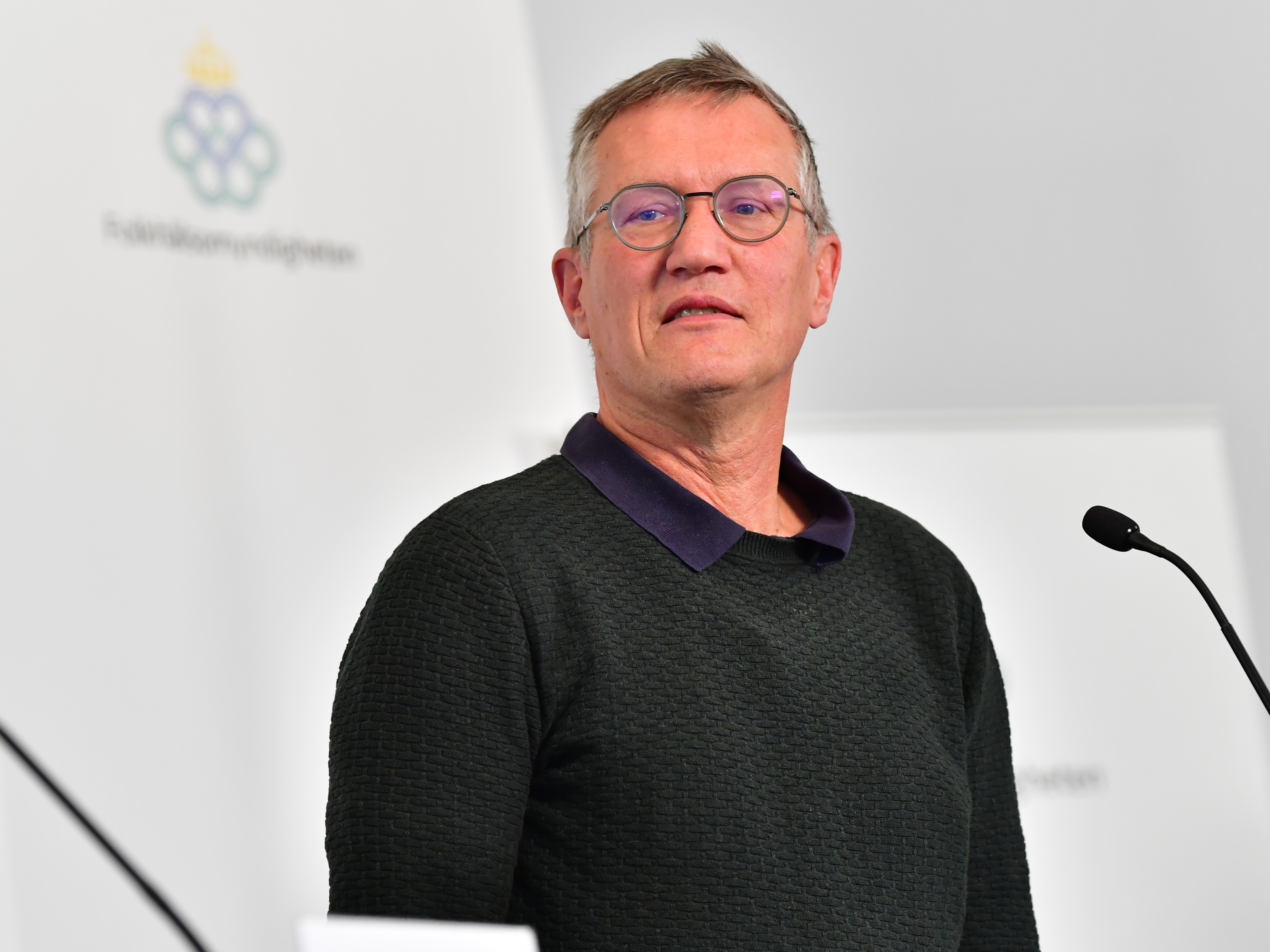Sweden, which has made headlines for its softer approach to the new coronavirus, on Monday banned public gatherings of more than eight people for the first time amid a strong surge in cases.
The limit for public gatherings, until now set to between 50 and 300 people depending on the type of event, will be reduced to eight as of 24 November, an “unprecedented” measure deemed “necessary” to curb the spread of the virus, Prime Minister Stefan Lofven told reporters.
On Friday, the last day for which national data is available, Sweden reported a daily record of 5,990 cases, bringing its overall total to 177,355 cases since the start of the pandemic and 6,164 deaths.
Coronavirus-related hospitalisations in Sweden are currently rising faster than in any other European country, and the death rate per capita is several times higher than that of its Nordic neighbours but somewhat lower than some larger European countries such as Spain.
The new ban only applies to public gatherings such as sporting and cultural events, as the government does not have the authority to ban private gatherings in homes.
Schools and restaurants will stay open, for example, though the latter have already been limited to a maximum of eight people per table.
Swedes have also already been advised not to socialise with anyone outside their household.
Mr Lofven on Monday sounded an ominous note on the importance of limiting social contacts.
“It’s going to get worse. Do your duty and take responsibility for stopping the spread of the virus,” he said.
“Don’t go to the gym, don’t go to the library, don’t have parties. Cancel.”
Last week, the government announced that bars and restaurants would no longer be allowed to serve alcohol after 10pm from 20 November until the end of February.
Media reported that many clubs and bars were jam-packed this past weekend as youths took advantage of the last opportunity for late-night partying.
Mr Lofven said the recent measures being introduced were necessary because fewer Swedes were following the government’s recommendations than at the start of the pandemic.
“In the spring, we saw large compliance. It was enough to have recommendations to get most people to keep their distance and cancel their plans. Now there is less compliance,” he said.







